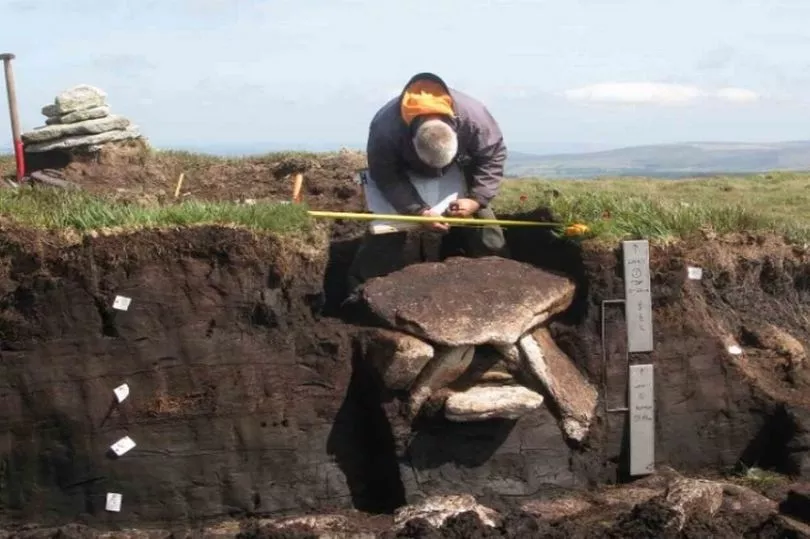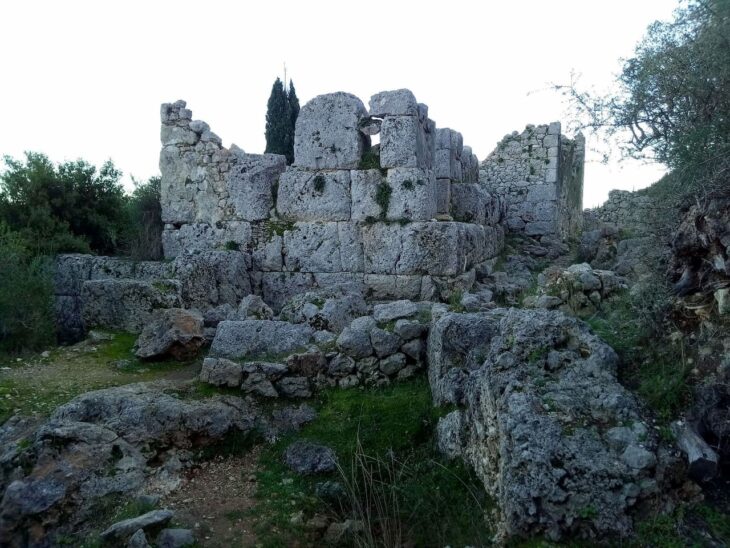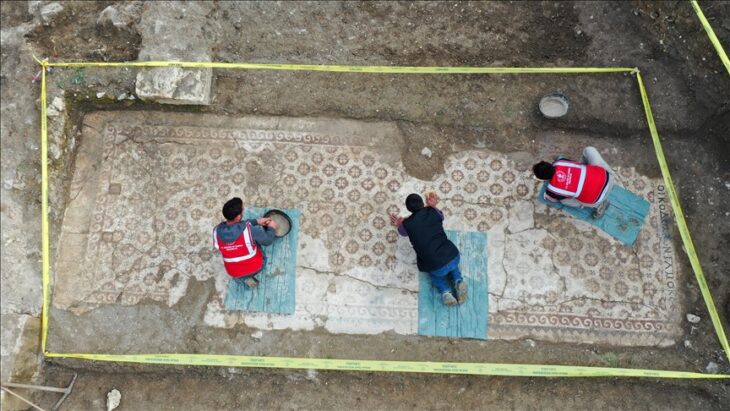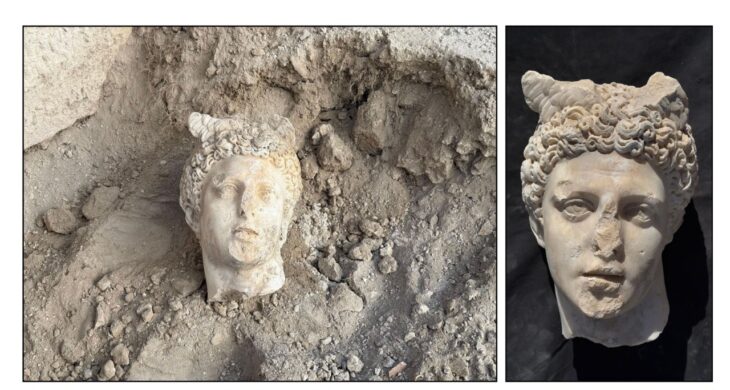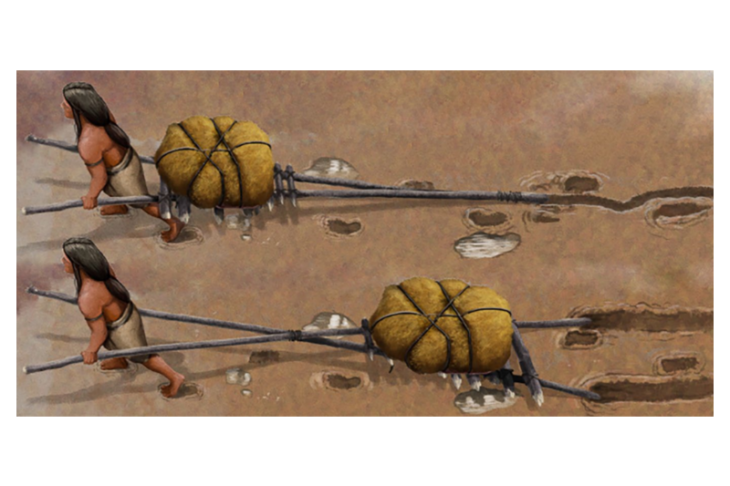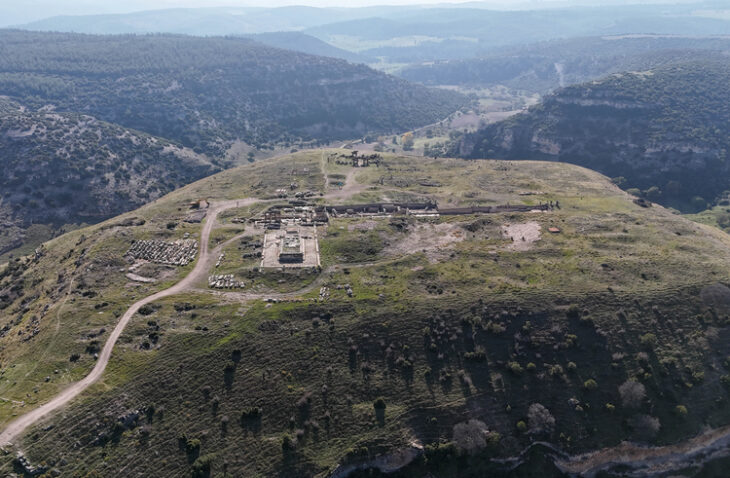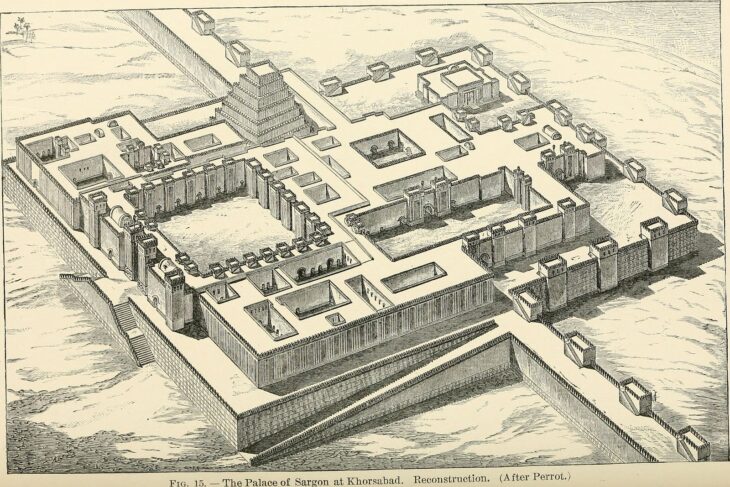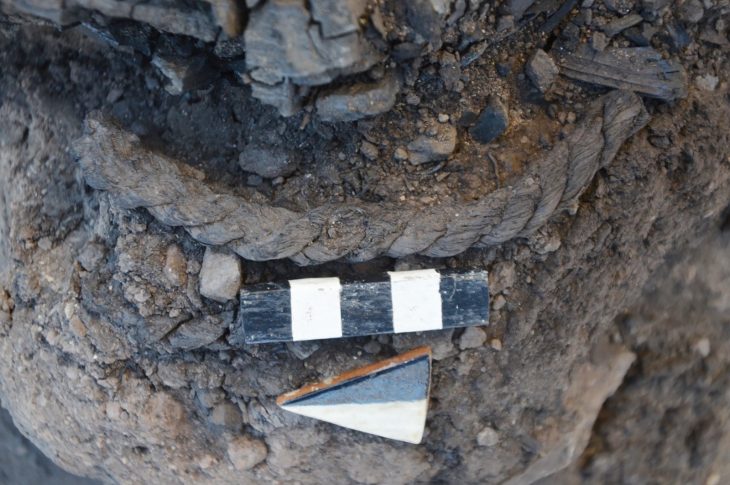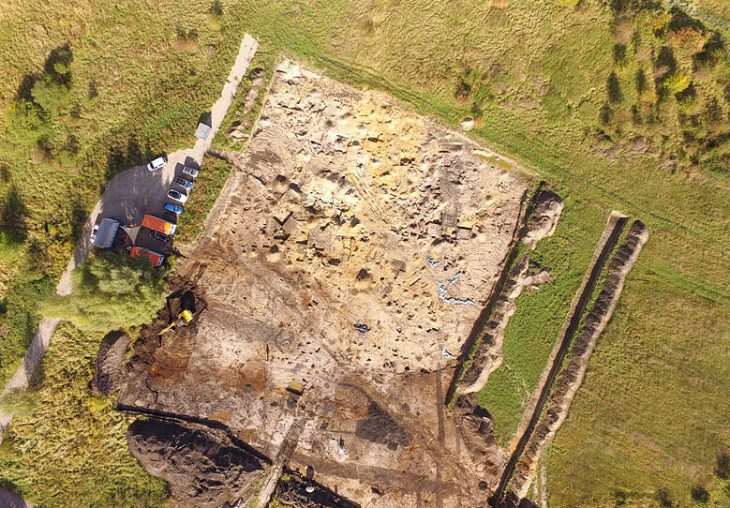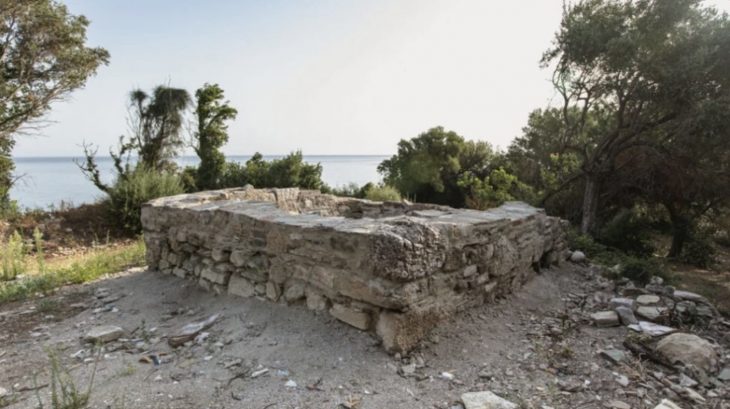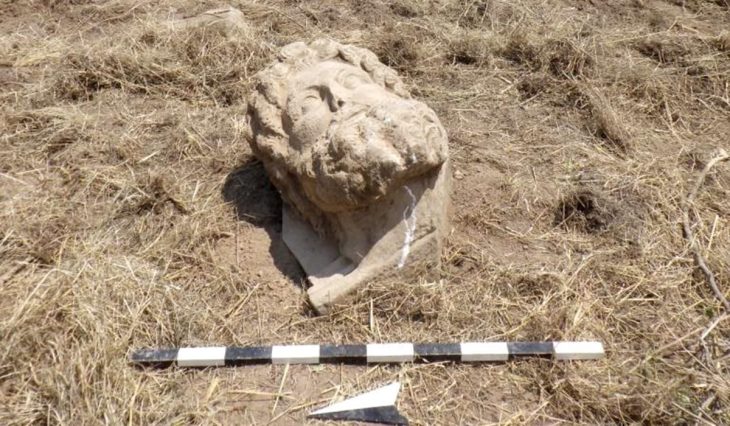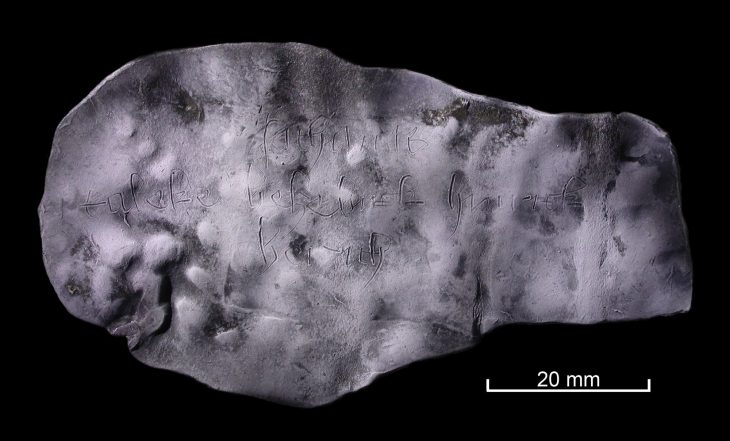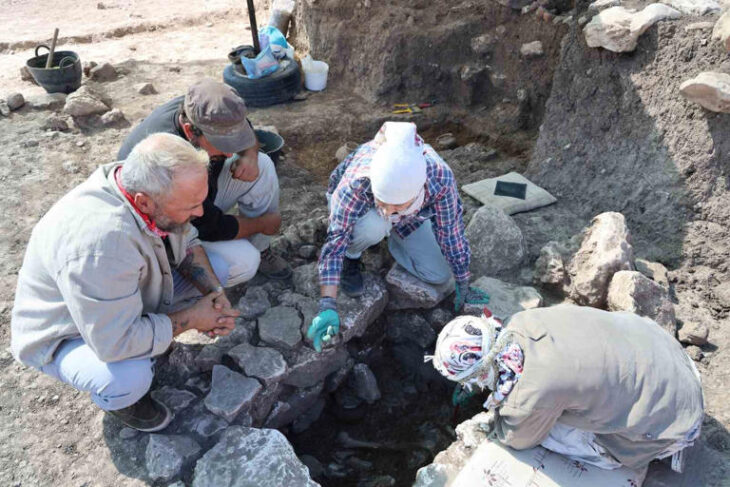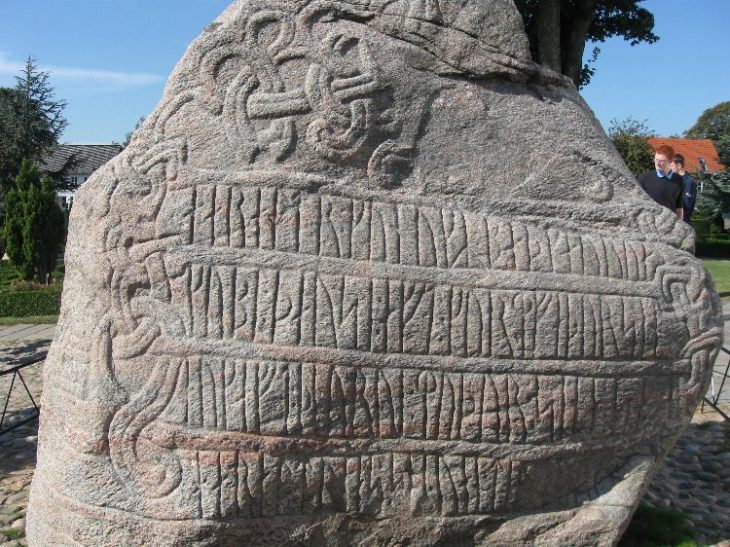Excitement has been felt among archaeologists over the discovery of a Bronze Age burial chamber on Dartmoor, which may provide fresh light on Devon’s prehistoric past. This “enchanting” discovery could rival the significance of the 2011 find at Whitehorse Hill, where the remains of a young woman dating to circa 1700 BC were discovered.
The previous discovery was hailed around the world for its revelations about life in the early Bronze Age, and there are high hopes that the latest find will be just as enlightening.
Found in a secluded area to prevent tampering, the site’s exact location remains undisclosed. Peat erosion allowed for the discovery, which revealed what appears to be a Bronze Age cist or type of ancient coffin.
Dr. Lee Bray, a leading archaeologist involved in the excavation commented, “We have every potential for this to be something quite special,…. We don’t know for certain if this is a cist, but it certainly looks like one. All the evidence we have points to it being a cist from the early Bronze Age,” reports Devon Live.
The peat around it is waterlogged, meaning any clothing or artifacts inside could be very well preserved.
📣 Our WhatsApp channel is now LIVE! Stay up-to-date with the latest news and updates, just click here to follow us on WhatsApp and never miss a thing!!
The Whitehorse Hill burial was preserved in this manner, and precious artifacts including the pelt of a brown bear, 200 beads, a copper alloy pin, and a variety of other grave goods were discovered, explains the Dartmoor National Park page.
Dr Bray said there were three options – to leave it where it is and let nature take its course, to try to halt the erosion or to excavate.
He dismissed the first option as irresponsible archaeology and noted that simply halting erosion wouldn’t eliminate the risk of air exposure damaging the contents. “They are deteriorating slowly as we speak,” he warned.
The Dartmoor National Park Authority is backing the excavation efforts, having set aside £90,000 from its reserves. Given the site’s remote location, away from accessible roads, specialized equipment such as helicopters and laser scanning tools are required to safely remove and transport the burial chamber.
Also, this project is not only a significant step forward for local archaeology, but it could also benefit the larger historical community by providing a rare glimpse into the lives of those who walked these moors thousands of years ago.
Cover Photo: Dartmoor National Park Authority

